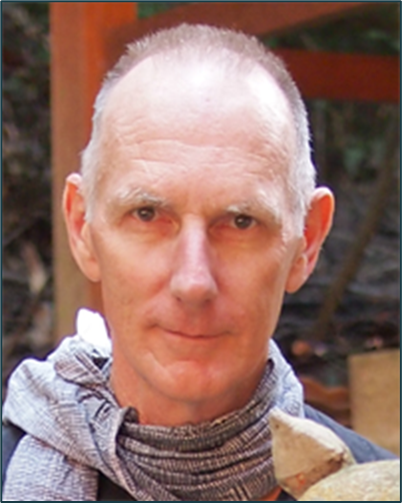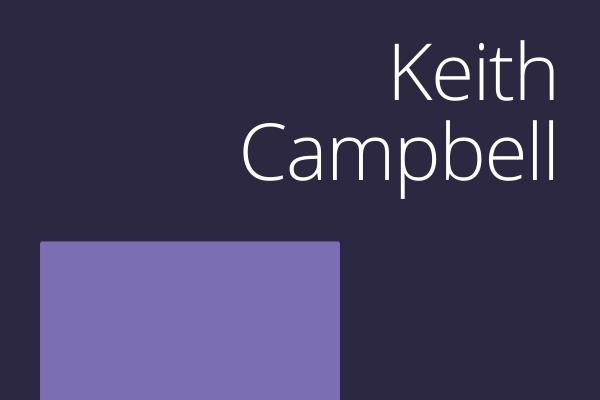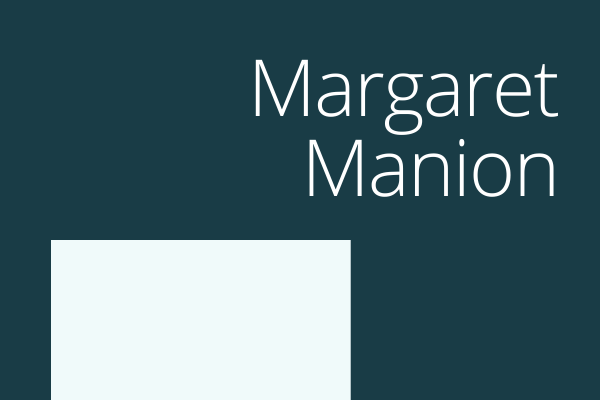 From 2014, Ross Gibson was Centenary Professor of Creative and Cultural Research at the University of Canberra. He has also been Professor of Contemporary Arts at the University of Sydney (2008 – 2013) and Research Professor of New Media and Digital Culture at the University of Technology, Sydney (2002-2008). Among otheracademic and public appointments he was the Australia Council’s inaugural Fellow in New Media and the Creative Director in the establishment phase of the Australian Centre for the Moving Image (ACMI) in Melbourne. He served on the Boards of Directors for several public agencies and has been a member of the ‘expert foresighting team’ for the Prime Minister’s Science, Engineering and Innovation Council.
From 2014, Ross Gibson was Centenary Professor of Creative and Cultural Research at the University of Canberra. He has also been Professor of Contemporary Arts at the University of Sydney (2008 – 2013) and Research Professor of New Media and Digital Culture at the University of Technology, Sydney (2002-2008). Among otheracademic and public appointments he was the Australia Council’s inaugural Fellow in New Media and the Creative Director in the establishment phase of the Australian Centre for the Moving Image (ACMI) in Melbourne. He served on the Boards of Directors for several public agencies and has been a member of the ‘expert foresighting team’ for the Prime Minister’s Science, Engineering and Innovation Council.
Born in Brisbane on the 27th November 1956, he headed to London after completing his BA (Hons, first class) at the University of Queensland in 1977. In London, he concurrently completed a Diploma of Film Studies (Polytechnic of Central London, 1981) and a PhD (King’s College, 1982). The PhD became his first monograph, The Diminishing Paradise: Changing Literary Perceptions of Australia (1984), and he steadily branched out into other media and humanities disciplines. In the early 1980s Gibson became involved in filmmaking, as a founding member of the Sydney Super-8 Film Group and as a co-organiser of the Third Sydney Super-8 Film Festival. In 1985 he and producer John Cruthers made the ground-breaking Camera Natura, on the history of white Australian landscape, winning several national and international awards. In 1990 Gibson wrote and directed the feature film, Dead To The World, starring Richard Roxburgh. The film has been included (along with Camera Natura) in the MOMA (New York) collection of a hundred films celebrating a hundred years of cinema in Australia. In 1993, he completed an essay-film entitled Wild, inspired by the writings of Eric Rolls, FAHA. The film was invited to many film festivals around the world, including the competitive finals at Hawaii, Seoul, Vermont, Bombay, Melbourne, Sydney and San Francisco, where it won the 1994 Golden Gate Award.
A good example of his cross-disciplinary experimentation is the several years he spent as a consultant producer for the Museum of Sydney. This involved conference-organisation, research, scriptwriting, film directing and the production of computer-generated sound and image programs. The best-known result of this work is The Bond Store, a storytelling gallery with more than four hours of endlessly reconfigurable narrative stored on laser disc and aural CD. The Bond Store was on uninterrupted display for seven years and has now been re-designed and re-commissioned as a permanent exhibition at the Museum.
A prolific writer across many genres— the creative essay, poetry, criticism, memoirs and scripts—Gibson published South of the West: Postcolonialism and the Narrative Construction of Australia (1992); The Bond Store Tales (1996), Seven Versions of an Australian Badland (2002), shortlisted for the 2003 Nettie Palmer Award for Non-Fiction in the Victorian Premier’s Literary Awards and the 2004 Adelaide Festival Literary Awards; the photographic novel The Summer Exercises (2009) and 26 Views of the Starburst World (2012), a study in cultural poetics responding to language notebooks compiled during the first four years of the Australian colonisation, 1788 to 1791. He has also co-edited an anthology for MIT Press, Voice: vocal aesthetics in digital arts and media (2010). Many of his most influential essays have been anthologised in Changescapes and Memoryscapes (UWAP, 2015). Recent works include The Criminal Re-Register (2017), reDACT (2019), the ABC Radio National features The Ancient Mariner Tales Bad Roads (2003) and Green Love (2016), and the public artwork Bluster Town, commissioned for Wynyard railway station by Transport NSW.
Ross Gibson’s intellectual generosity and collaborative spirit will be much missed by his local and international colleagues in Communication and Cultural Studies, where he was a founding figure. His interdisciplinary, innovative thinking and creative practices have also had an enormous influence in the Creative Arts, Screen Studies, Australian Studies, History and more recently the Environmental Humanities. Under his tutelage, legions of students have been encouraged and enabled to take creative and innovative approaches in their writing and creative practice.
During his long illness, many of his friends, students and colleagues took part in bush-walks, photo-shoots, meals, conversations and travels. This was all part of the decision he and his partner Kathryn Bird made to ‘do death differently’, curating it at every turn in the most positive ways. She will collate these events as part of a more comprehensive online archive, allowing for posthumous collaborations with Ross Gibson and his life’s work.



